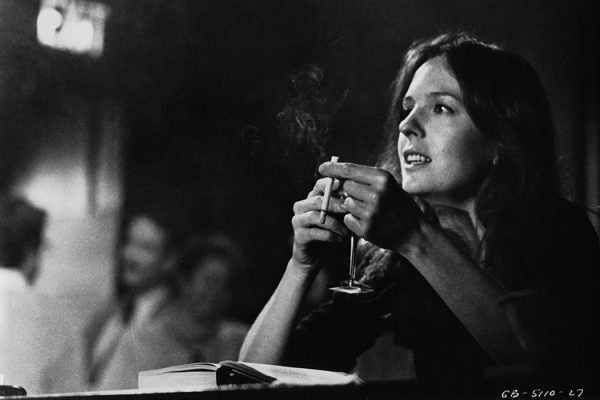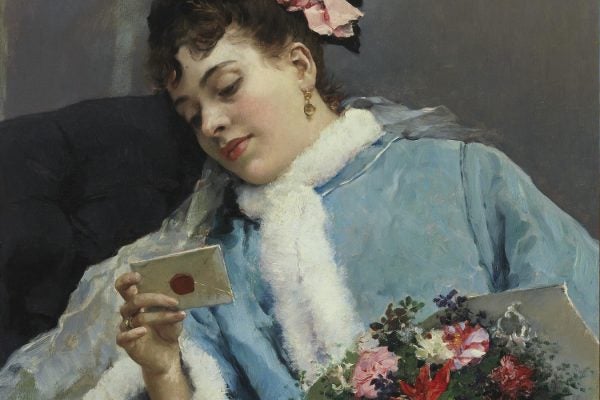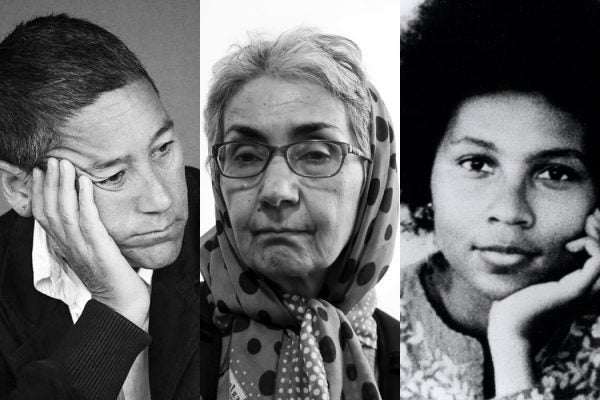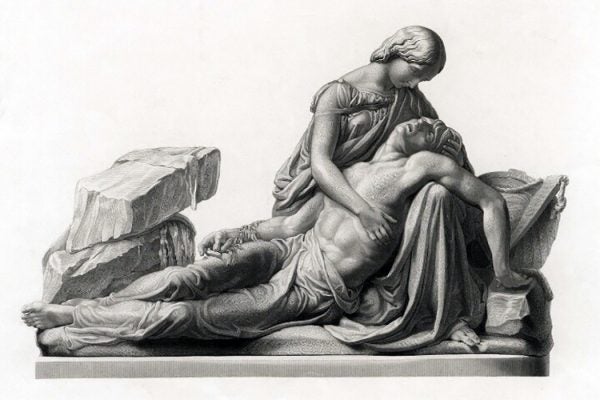Disability Studies: Foundations & Key Concepts
This non-exhaustive reading list highlights some of the key debates and conceptual shifts in disability studies.
“No Unescorted Ladies Will Be Served”
For decades, bars excluded single women, claiming the crowds were too “rough” and “boisterous” and citing vague fears of “fallen girls.”
The Socialist Origins of International Women’s Day
Why is International Women's Day on March 8th? The answer is much more complicated than you might think.
The Disappointing Reality of Nineteenth-Century Courtship
For white, middle-class women in the nineteenth-century United States, courtship and marriage offered less emotional intimacy than their friendships with other women.
Gender Studies: Foundations and Key Concepts
Gender studies developed alongside and emerged out of Women’s Studies. This non-exhaustive list introduces readers to scholarship in the field.
Mary Shelley’s Obsession with the Cemetery
The author of Frankenstein always saw love and death as connected. She visited the cemetery to commune with her dead mother. And with her lover.
The Bizarre Victorian Diaries of Cullwick and Munby
Arthur Munby was an upper-class man of letters who "collected" working class women, including his servant Hannah Cullwick, whom he married in 1873.
How Jack the Ripper Became a Legend
In 1880s London, an anti-prostitution campaign, anti-immigration feelings, and a deep class divide set the scene for the Jack the Ripper media frenzy.
Homophobia in Women’s Sports
Ever since women began to publicly play sports in the late nineteenth century, female athletes have been seen as threats and subjected to suspicion.
The Political Provocations of Asexuality
As more people begin to identify themselves as asexual, their presence is revealing the limits to certain kinds of feminist politics.









